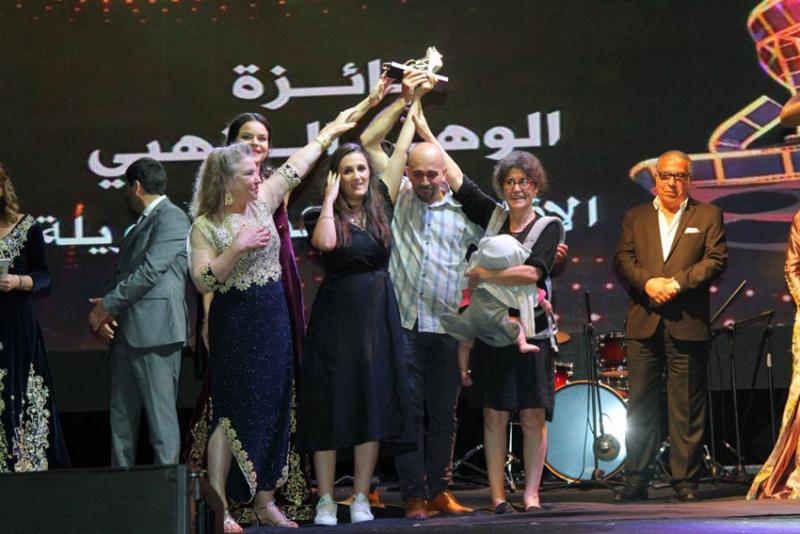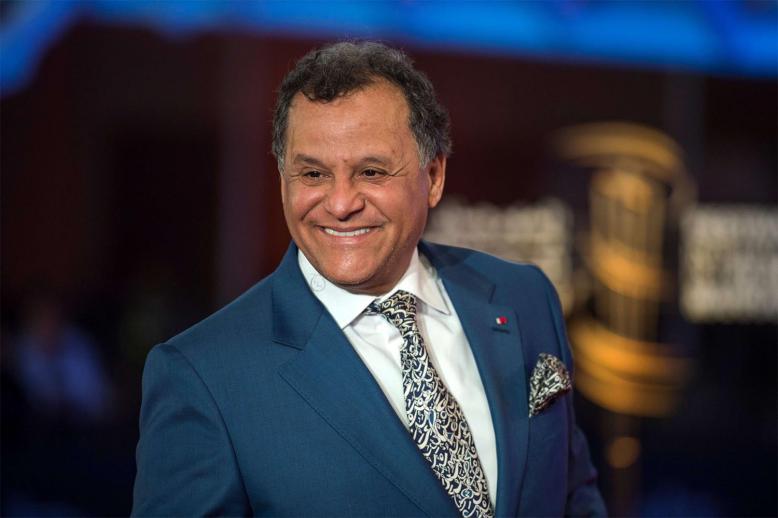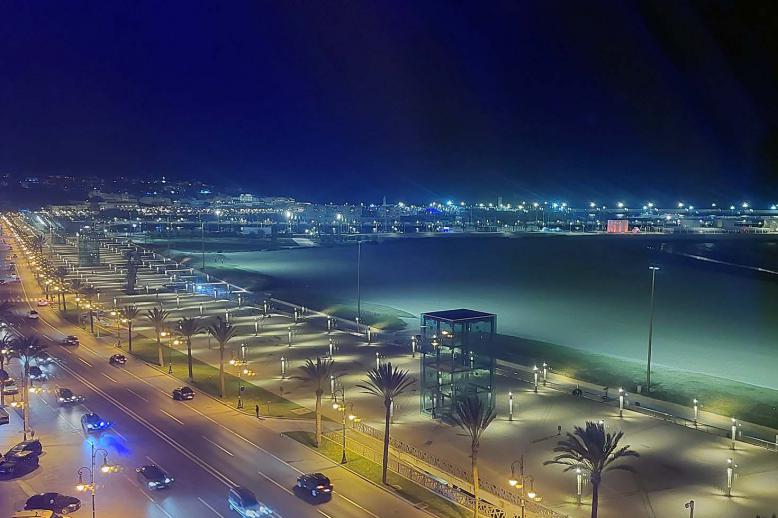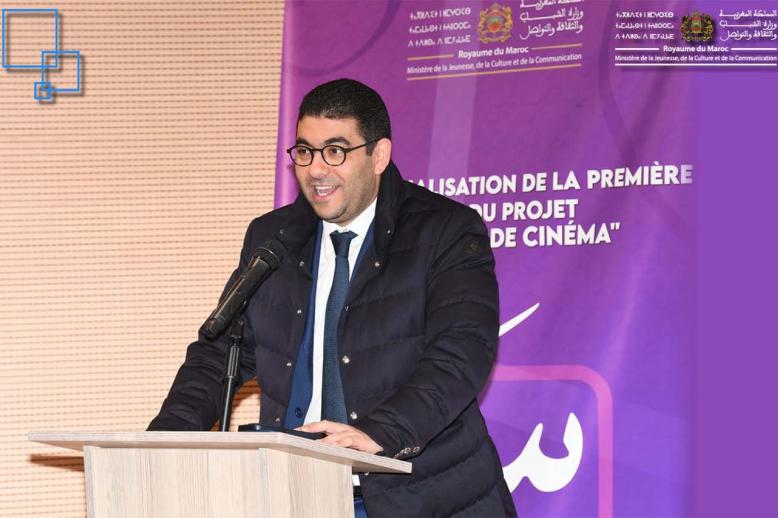Do Maghreb film producers have a language problem in the Arab Middle East?
Film producers in Tunisia, Algeria and Morocco have endeavoured to produce a good number of documentaries and feature films, both short and long. However, overlooking Arab and foreign cinema festivals, Maghreb cinema is scarcely present as commercial cinematic offerings in most Arab countries.
Most Maghreb film producers and directors do not see a convincing reason for the difficulty of distribution of their films.
Moroccan Raouf Sabahi, a first-time director whose feature film “Hayat” toured in dozens of festivals and won many awards, and Algerian director Yasmine Chouikh, whose “To the End of Time” received an award at the Oran Festival, both said Arab Middle East film distributors should keep an open mind to the marketability of Maghreb films.
Sabahi said Moroccan cinema has, since the early 1990s, seen significant improvement in quality and thematic orientation because of a new generation of filmmakers. He said Moroccan cinema still suffers from some shortcomings, such as the lack scripts and visual identity for Moroccan films.
Moroccan cinema’s biggest problem, though, he said, is distribution. Movie theatres in Morocco are closing due to piracy, of course, but also because Moroccan films being proposed have an inward-looking character, the type of films labelled arthouse cinema and, in general, are not meant for a wide audience.
“Concerning external distribution,” Sabahi said, “the argument that the Moroccan dialect is too difficult to understand, as they say in Arab countries, is no longer convincing, in my opinion.
“It is true the Moroccan dialect is difficult to understand as it contains elements of Amazigh and French in the middle and southern parts of the country, as well as some Spanish in the north, since we were colonised by Spain. On the other hand, the Arab viewer must make a bit of an effort and be willing to receive the dialect and understand it, especially since Moroccan cinema uses simple language that is closer to Arabic.”
Sabahi pointed out that the Egyptian dialect was presented on Moroccan television, so much so that people in their 30s can understand it perfectly. Since Egyptian shows have been removed from Moroccan TV schedules, younger Moroccans could not understand the Egyptian dialect.
Later, as Syrian dramas flourished on Moroccan TV, people slowly became used to the Syrian accent and vernacular. The same could be said of television and cinema works from Gulf countries.
In the final analysis, viewers outside Morocco are either apathetic or too lazy to try to understand Moroccan dialect.
“Despite this, if Moroccan directors are asked to include Arabic subtitles as a condition for distribution, they will not refuse,” Sabahi said. “It is true that the Moroccan films are present in most Arab festivals but we also do not have any commercial presence and that is probably because we do not have relations with Arab distributors.”
Chouikh said: “When we think about distributing any film, whether in Algeria or anywhere else, one must first think about how a film will be distributed in its own country.
“We have a problem of movie houses in Algeria, where there are no more than ten theatres in the entire country, only five of which are professional. It is difficult for these theatres to be able to show commercial films regularly, which would allow moviegoers to create a ritual or a cinematic habit. We as filmmakers try even to find a cinema club or a cultural body that would allow us to show our films.”
As for external distribution, Chouikh said it was a tough problem because filmmakers do not have enough experience in the field. Whether in Arab or foreign countries, distribution is an independent domain.
He said that the Algerian dialect was cited as a reason for not distributing films in the Arab world was only a pretext “because we Algerians watch Egyptian and Lebanese and other movies in their original dialects. Although we initially did not understand those dialects, we gradually came to understand them easily.”
“Before, when I heard the Egyptian, Gulf or even Syrian dialects, I did not understand a thing but after being exposed to these dialects through film, I learned and started to understand. If there had been a tradition of watching Algerian film, it would have facilitated understanding the Algerian dialect,” Chouikh said.
“Today most Arab films have Arabic subtitles. I did just that in my long feature film, ‘To the End of Time,’ when it was shown in Cairo as part of a women’s film festival,” she said.
“I think the marginalisation of Algerian or Maghrebi cinema under the pretext of the intelligibility of their respective dialects is a big mistake because we speak Arabic and consume films made in the Arab East as we have got used to their dialects. There must be a mutual effort from both sides.”
Lama Tayara is a Syrian writer.
This article was originally published in The Arab Weekly.






